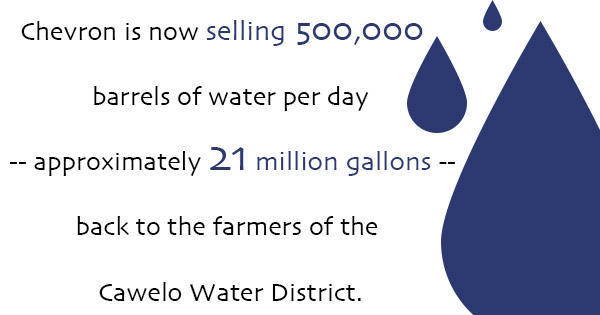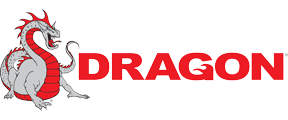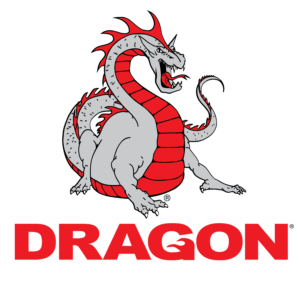
10 Jul How the Oil Industry is Helping California’s Farmers Endure the Drought
With California well into its fourth year of historic drought, water has never been more scarce for the state’s millions of inhabitants. Rivers and lakes run bone-dry; much of the state’s lush plant life has succumbed to soil so dry it could blow away in the wind.
For California’s farmers, who supply 80% of the country’s fruits and vegetables, the continuing drought poses a huge dilemma.
In a last-ditch effort to keep the state’s agriculture adequately watered, a growing number of farmers are turning to a surprising source of help: the oil and gas industry.
According to a recent Newsweek report, Chevron, the largest oil producer in the Cawelo Water District in Kern County, introduced a plan to help the county’s farmers, who produce some $6 billion in crops annually.
For every barrel of oil Chevron drills with its oilfield equipment, about 10 barrels of salty waste water come up with it. When properly purified, it can be used to water crops. Chevron is now selling 500,000 barrels of water per day — approximately 21 million gallons — back to the farmers of the Cawelo Water District.
When the cost of freshwater in this district is currently 10 times its normal price, farmers get a great deal by buying Chevron’s waste water. Currently, 90 farmers are turning to Chevron to water their citrus, nut and grape crops.
It’s a great way for the oil industry to help farmers in need, as Californian oil is still plentiful. Experts agree that there are enough oil reserves on hand worldwide to last another 53.3 years, thanks to the fact that global proved oil reserves have risen by about 27% over the last decade. All told, the oil industry fosters 8% of the national economy.
Watering crops with salt water generated by oilfield equipment is nevertheless an emergency measure; these farmers hope that the excess salt will be flushed from their soil when the rains come. High levels of sodium can do permanent damage to soil, making it unable to retain water and eventually rendering it barren. Still, it’s a risk many are willing to take.
“Chevron is being environmentally conscious, and this is a very beneficial program,” said David Ansolabehere, general manager of the Cawelo Water District. “It’s helped a lot of our farmers, helped our district, tremendously.”
Farmers maintain that using oil waste water is only a temporary solution to the problem. If California continues to see severe drought through the next few years, farmers like Roy Pierucci, a pistachio farmer, will have no choice but to downsize the amount of crops they grow.
“It’s not going to save us,” he told Newsweek. “You can’t chase water forever. Sooner or later you’re going to lose.”
What are your thoughts on this article? Have any other questions for us about oilfield equipment like mud pumps and drilling masts? Ask the experts by leaving a comment below.



Sorry, the comment form is closed at this time.